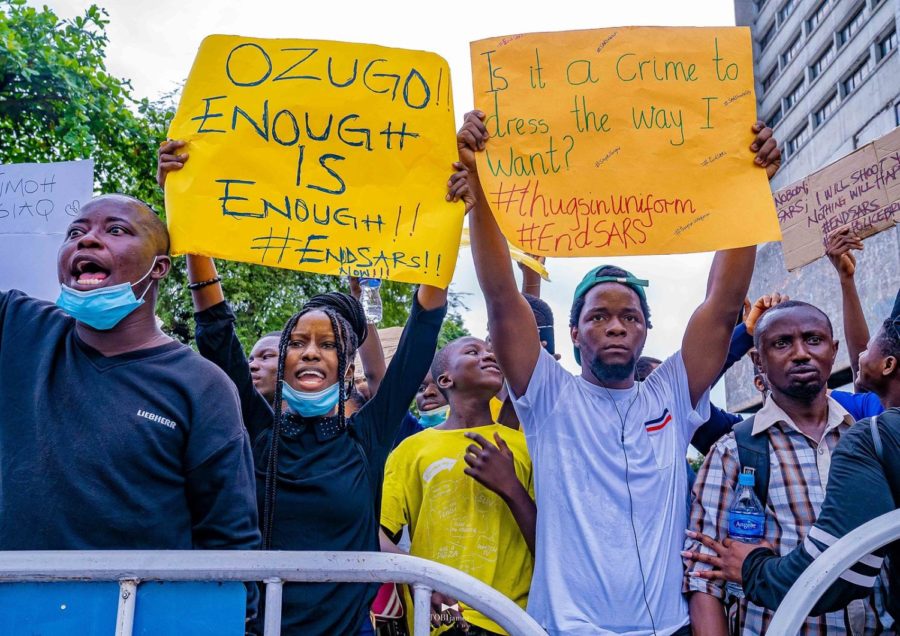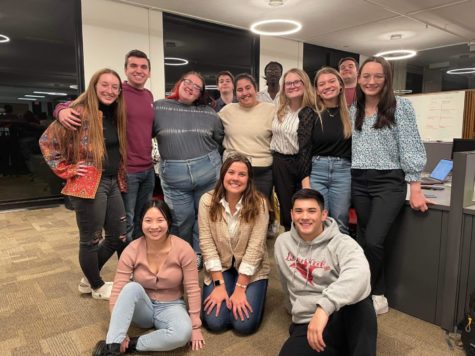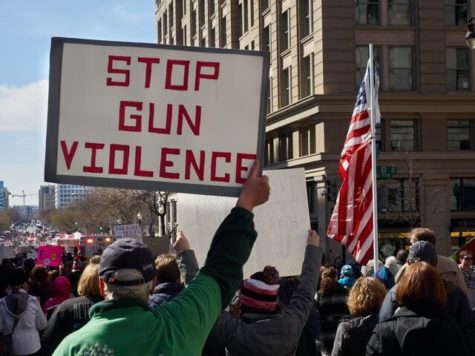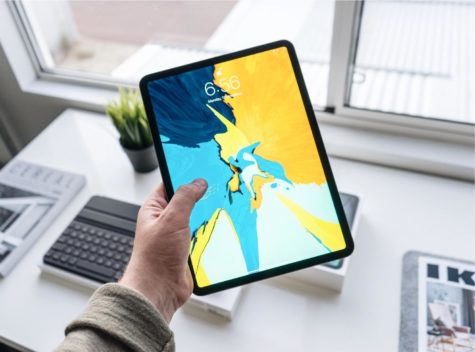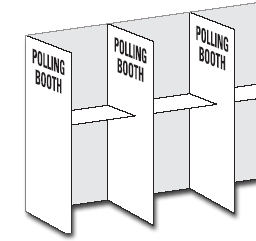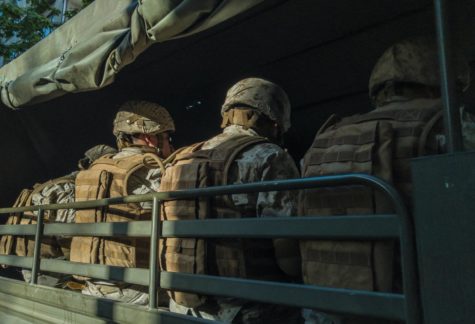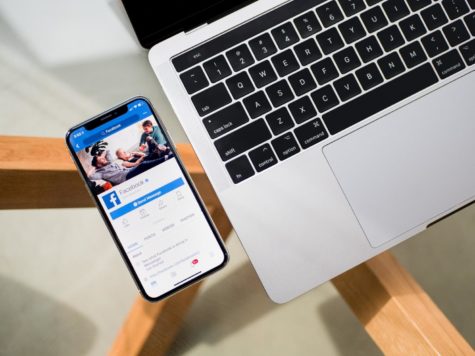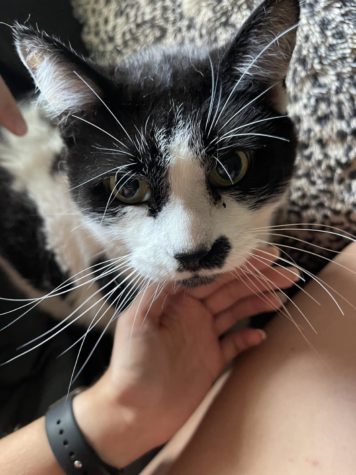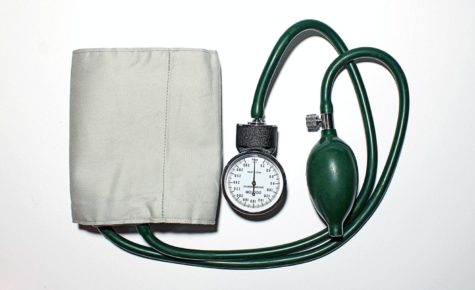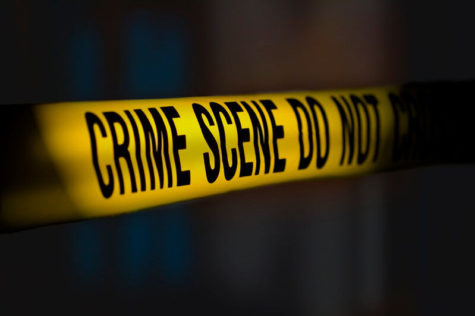Editorial: #EndSARS
The ISD Editorial Board explains the protests in Nigeria against the country’s Special Anti-Robbery Squad (SARS) and argues much more action needs to be taken in Nigeria to protect its citizens.
October 24, 2020
#EndSARS gained enough movement for the Nigerian president, Muhammadu Buhari, to call for the dismantling of the country’s Special-Anti-Robbery-Squad (SARS). Brave Nigerian protesters are to thank for putting continuous pressure on their government, even after police forces open fired on them, killing at least 12 and imprinting the image of the bloodied Nigerian flag in everyone’s mind.
SARS, formed in 1992, was intended for — and effective in — stamping out fraud, armed robberies and cultism, thanks to their lack of uniform, which allows them to blend into the public and surprise criminals. Unfortunately, over time, it became well-known for its rampant corruption and illegal actions, such as harassment, torture, robbery, rape and violence.
A report by Amnesty International found from January 2017 to March 2020, SARS committed at least 82 cases of torture, ill-treatment and extra-judicial killings, but the Nigerian government did little to nothing to combat the anarchy brutalizing its citizens.
While protesters should be proud of their accomplishments, the dismantling of SARS will not magically erase the corruption within the police force, and the government knows this. Instead of retraining SARS officers or holding them accountable for their illegal actions, these criminals will be dispersed back into the police force. Concerning as well, this is the fifth time SARS has been dismantled or remodeled within the past several years, proving the government is not interested in closing the fissures of corruption but simply trying to put a bandage on many bullet wounds.
Nigerian elites and government officials create injustices all over the country. In 2018, a report found that a police sergeant in Nigeria made the equivalent of $133 a month, while a senator made $2,100 per month. More striking still is the fact that, “According to Oxfam, while the five wealthiest Nigerians have a combined net worth of $29.9 billion, 112 million Nigerians continue to live in poverty.” Meanwhile, COVID-19 continues to strain Nigerians, with little support but much criticism for their government, especially after the Health Ministry spent over $95,000 on 1,808 face masks, which comes out to about $53 per mask.
Nigerian citizens are being cheated by their own government and killed by their own police force, making it no surprise that the highest crime rate in the country is corruption and bribery.
The world cannot ignore the events in Nigeria.
While the United States has officially condemned the violence against protestors in Nigeria, many of our citizens are still unaware of the egregious human rights violations happening there, and the most visible in our government — including President Donald Trump — have said nothing about it.
The summer of 2020 held similar turbulence for the U.S., where police brutality was protested nationwide and led to clashes between protestors and police.
However, the situations are stark in contrast as well. In Nigeria, police brutality has more of a totalitarian quality, with lower-income citizens often being the targets of officers. The most notable difference is the call-to-action between the two countries as well. In the U.S., many people were supporting the defunding of police forces and diverting that money to social programs, which would, in turn, reduce crime rates. In Nigeria, protesters want better funding and training for the police. This way, citizens can depend on officers to protect and serve them instead of resorting to illegal deeds to make ends meet.
Nigeria faces no easy solution to the deep conflict that separates the elite from the working class, resulting in corrupt government and police forces. We cannot ignore what is happening in Nigeria. The world needs to continue to place pressure on the Nigerian government.
The youth will not settle for a police force that causes more harm than good or politicians who ignore their sufferings. Their strength is unmatched and their bravery unwavering, and for that, they deserve support from leaders across the globe, including our own, to rally for their cause.

